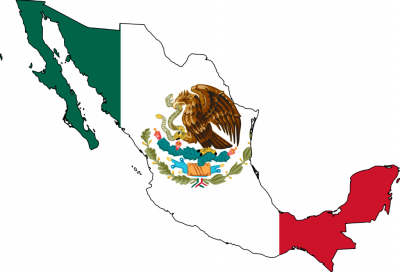Description
Processing: Washed; SCA Score: 83 pts
Smooth and clean taste with notes of milk chocolate and fruity hints of mandarin
ROAST PROFILE: Suitable for Espresso and Filter preparation.
GRINDING: Whole beans (Standard Delivery).
DEGASSING PERIOD:
- Espresso: 10-14 days
- Filter: 7 days
To provide you with freshly roasted coffee, at KESTAR COFFEE, coffee is roasted only on order and is available as whole beans (standard) or ground, delivered in special packaging with a degassing valve.
If you wish to receive ground coffee, before finalizing your order, please mention in the "ORDER COMMENTS" section how you prefer it: for espresso, filter, Turkish coffee, etc.

Processing: Washed; SCA Score: 83 pts
Smooth and clean taste with notes of milk chocolate and fruity hints of mandarin
Coffee arrived in Mexico at the end of the 18th century through the port of Veracruz, brought from the Antilles. Although it was not widely adopted at first, plantations began to expand in the 19th century, especially in the southern regions of Oaxaca, Veracruz, and Chiapas. Here, German and Italian migrants contributed to the development of a coffee industry that, over time, became a vital source of income for small farmers and indigenous communities. Despite economic crises and fluctuations in the international market, Mexico has managed to maintain its position among the world’s leading producers of Arabica coffee, with an agricultural culture deeply tied to local identity.
The Chiapas region, located in the far south of Mexico near the Guatemalan border, is considered one of the country’s most fertile and diverse coffee-growing areas. Nestled at the foothills of the Sierra Madre mountain range, the area benefits from altitudes between 800 and 1,600 meters, volcanic soils, and varied microclimates that favor the slow ripening of coffee cherries. This combination of natural factors contributes to the development of dense beans with complex and balanced flavor profiles.
Located in this region is Finca Monte Grande, a farm with over a hundred years of history, founded in 1917 and now managed by the third generation of the Moisés family. The farm is situated in the Jaltenango de la Paz area and stands out for its commitment to sustainability and agricultural innovation. Monte Grande uses a hydroelectric facility for coffee processing, significantly reducing water consumption in the wet mill and transforming coffee pulp into natural compost. Additionally, native trees are planted to provide shade for the coffee plants and to support biodiversity, including the habitat of more than 70 bird species.
Beyond its environmental efforts, the farm provides direct support to the local community. During the harvest season, over 800 families are hosted on the farm premises, receiving lodging, food, and medical assistance. The children of seasonal workers have access to education through the Monte Grande rural school—an initiative that reflects the farm’s commitment to the well-being and future of the community.
The coffee from this washed lot at Finca Monte Grande is grown at altitudes of approximately 1,100 meters and includes varieties such as Red and Yellow Catuai. The washed processing method highlights the clarity and finesse of the flavor, while the aromatic profile stands out with notes of citrus, milk chocolate, and mandarin, featuring a velvety body and balanced acidity.













